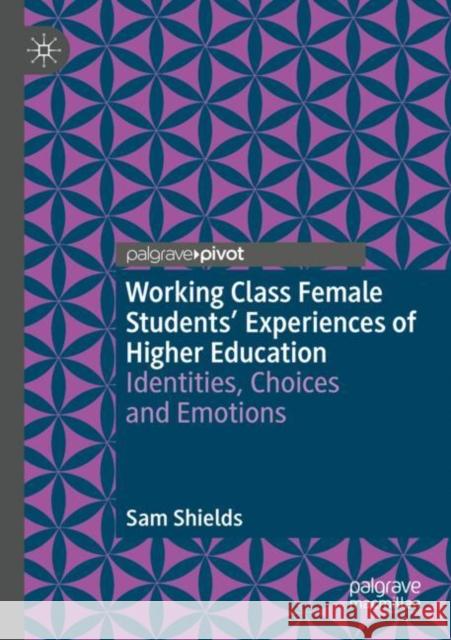Working Class Female Students' Experiences of Higher Education: Identities, Choices and Emotions » książka
topmenu
Working Class Female Students' Experiences of Higher Education: Identities, Choices and Emotions
ISBN-13: 9783030889371 / Angielski / Miękka / 2022 / 118 str.
Working Class Female Students' Experiences of Higher Education: Identities, Choices and Emotions
ISBN-13: 9783030889371 / Angielski / Miękka / 2022 / 118 str.
cena 201,24
(netto: 191,66 VAT: 5%)
Najniższa cena z 30 dni: 192,74
(netto: 191,66 VAT: 5%)
Najniższa cena z 30 dni: 192,74
Termin realizacji zamówienia:
ok. 22 dni roboczych.
ok. 22 dni roboczych.
Darmowa dostawa!
Kategorie:
Kategorie BISAC:
Wydawca:
Springer Nature Switzerland AG
Seria wydawnicza:
Język:
Angielski
ISBN-13:
9783030889371
Rok wydania:
2022
Ilość stron:
118
Wymiary:
21.0 x 14.8
Oprawa:
Miękka
Dodatkowe informacje:
Wydanie ilustrowane











